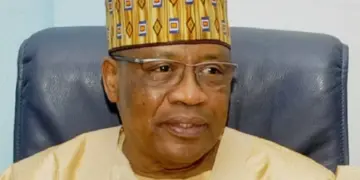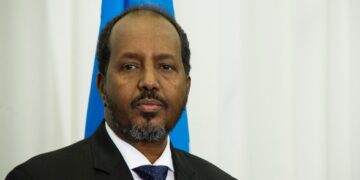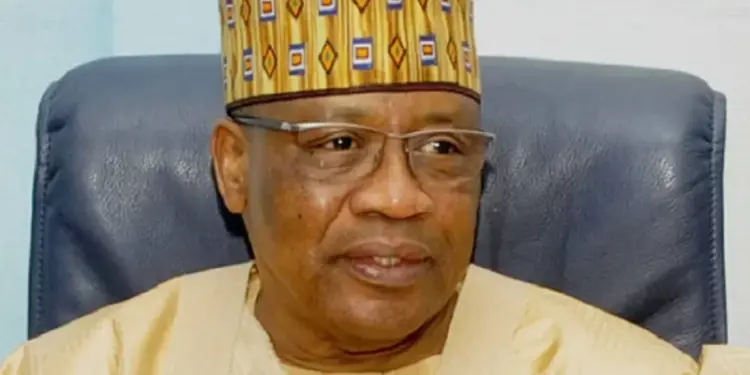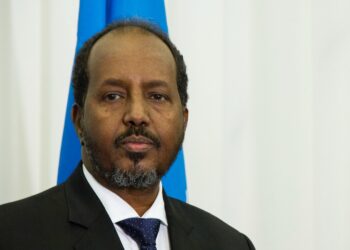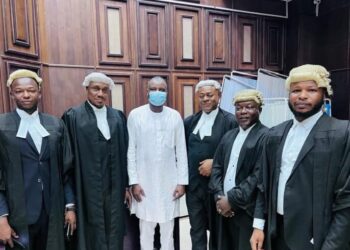By Enyichukwu Enemanna
Former Nigerian military leader says he regrets the annulment of the 12th June 1993 presidential election won by MKO Abiola, saying he would do things differently if given another chance.
“I regret June 12. I accept full responsibility for the decisions taken, and June 12 happened under my watch. Mistakes and missteps happened in quick succession,” Ibrahim Badamasi Babangida (IBB) said during the launch of his autobiography titled A Journey in Service, in Abuja on Thursday.
The election annulment, which was a two-horse race between Abiola, candidate of the Social Democratic Party (SDP), and Bashir Tofa of the National Republican Convention (NRC), caused nationwide tension, stoking condemnation that polarised the country between the north and the south.
IBB’s latest position is a shift from his past stance, where he had repeatedly defended the election annulment.
He had previously admitted that the poll was free and fair, and also the best election ever conducted in Nigeria’s history, but insisted that the country was not ready for democratic rule at the time.
“June 12 was accepted by Nigerians as the best election in Nigeria. It was free and fair. But unfortunately, we cancelled that election. I used the word ‘unfortunately’ for the first time. We were in government at the time, and we knew the possible consequences of handing over to a democratic government. We did well because we wanted ours to be the last military coup d’état. To be honest with you, the situation was not ripe for a transition at the time.
“Forget about the wrong things that happened in politics. The issue of national security was a threat, and we would have considered ourselves to have failed if, six months after handover, there was another coup d’état. I went through a coup d’état and survived it. We knew that there would be another coup d’état, but not many people believed what we said. They could have allowed me to go away, and then the coup plotters would regroup and stage another coup. This is how coups are staged, one man will always come to complain, and he will try to convince you about his complaints,” Babangida had stated in a previous interview.
He said security threats to the advent of democracy at the time culminated in fresh plans to conduct another election six months after the annulment, with a better strategy, but this could not be achieved due to the hostility that followed the cancellation. According to him, another election was planned for November 1993.
In his book, Babangida admitted that evidence indicates that Abiola won the 12th June election. “Although I am on record to have stated after the election that Abiola may not have won, upon further reflection and a closer examination of all available facts, particularly the detailed election results published in the appendix of this book, there was no doubt that MKO Abiola won the 12th June election.”
Abiola was posthumously recognised as the winner of the election by former President Muhammadu Buhari, with all rights and privileges of a former president accorded to him.
In 2018, Buhari also moved Democracy Day from 29th May to 12th June in honour of Abiola, reminding Nigerians of one of the freest elections in the nation’s history.
Before then, 29th May had been celebrated as Democracy Day since the return of democracy in 1999 under the Fourth Republic.
